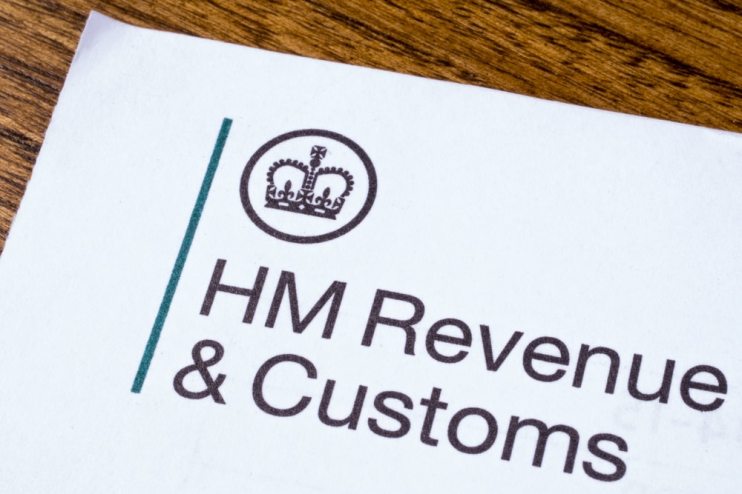Tech companies may try to dodge digital tax if OECD reforms are delayed, UK spending watchdog warns

Tech firms may try to dodge a UK government tax levied on digital companies if international tax reforms on the sector are delayed, parliament’s spending watchdog warned.
The public accounts committee said this week that it had raised £358m from the digital services tax in its first year, 30 per cent more than expected, but added that it was still unclear how much tax should have been paid due to the tax’s “novelty.”
It added that if the tax remains in place longer than intended due to a likely delay in international reforms, tech companies could try to avoid payments.
“We are concerned that this may prompt businesses within the scope of the tax to consider using the huge resources and expertise at their disposal to circumvent the tax,” it said in a report.
What is the digital services tax?
The tax was introduced in 2020 to prevent profits reaped by international digital companies being transferred and taxed abroad.
The two per cent tax is levied on digital companies when revenue exceeds £500m, with more than £25m derived from UK users.
It is intended to be in place only until it can be replaced by reforms to international tax rules being prepared by the Organisation for Economic Cooperation and Development (OECD), the first stage of which is due in 2024. The report added that there was “little evidence” to suggest this deadline would be met.
“[HMRC] needs to up its game on compliance – especially across jurisdictions – about how the tax will actually operate, over what will likely be years more before a proper international tax is fully operational,” said Sarah Olney, a Liberal Democrat MP who led the enquiry.
The report added that HMRC and the Treasury had not found any evidence of tax evasion thus far.
In a statement, a government spokesperson said: “The Digital Services Tax has proved highly effective at taxing the UK revenues made by online businesses ahead of new international rules. Profit-shifting by multinationals is separate issue and the government has taken significant steps to tackle it.
“HMRC has an extremely strong track record on multinational tax compliance and actively challenges them on tax due,” it added.
For all the latest Technology News Click Here
For the latest news and updates, follow us on Google News.

